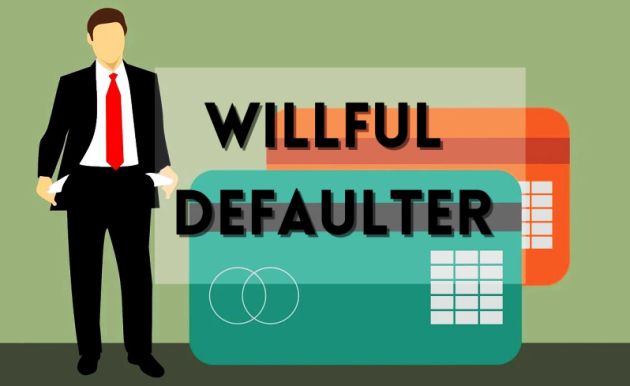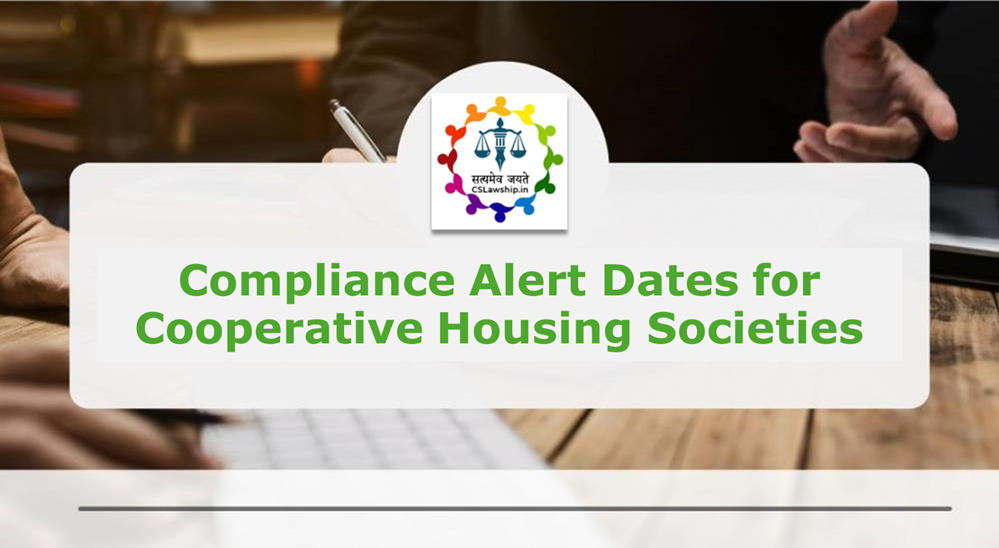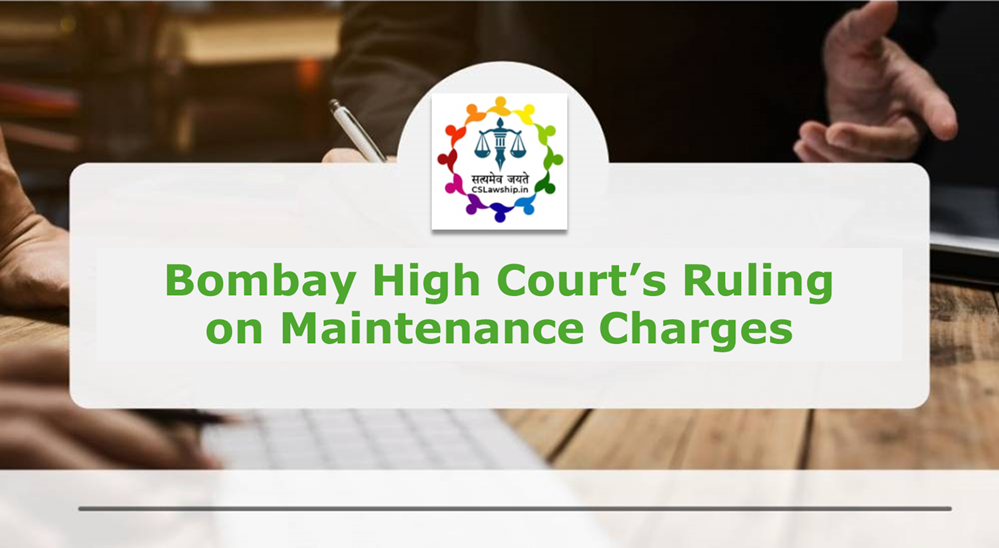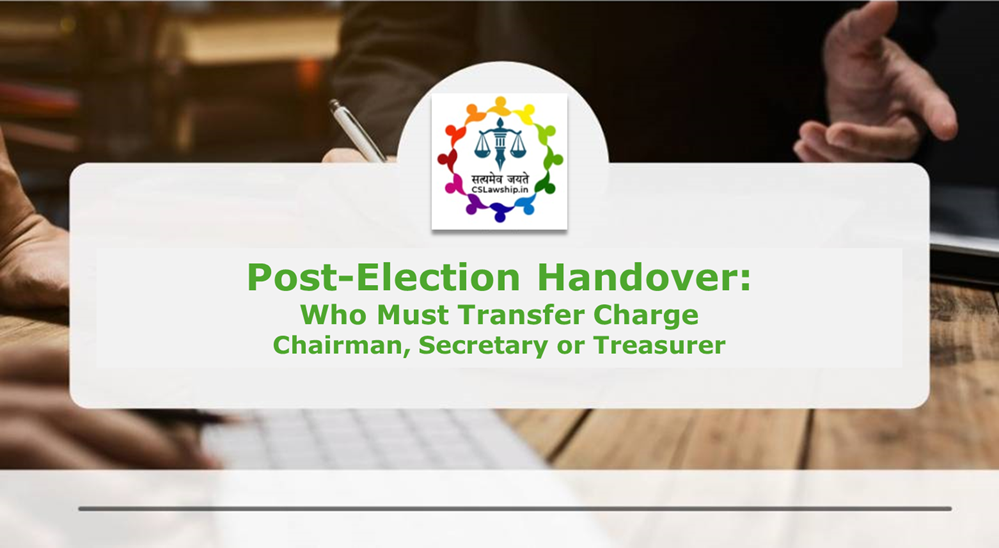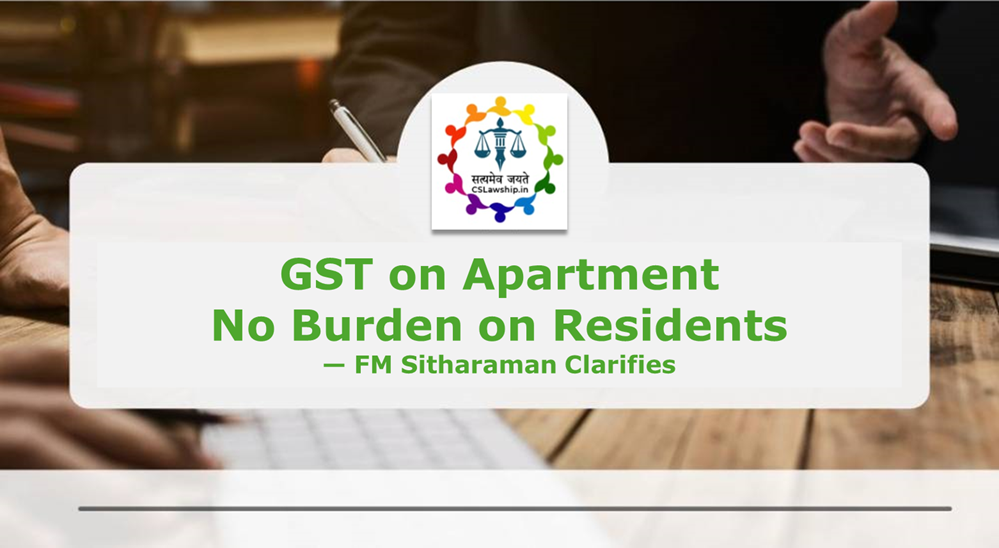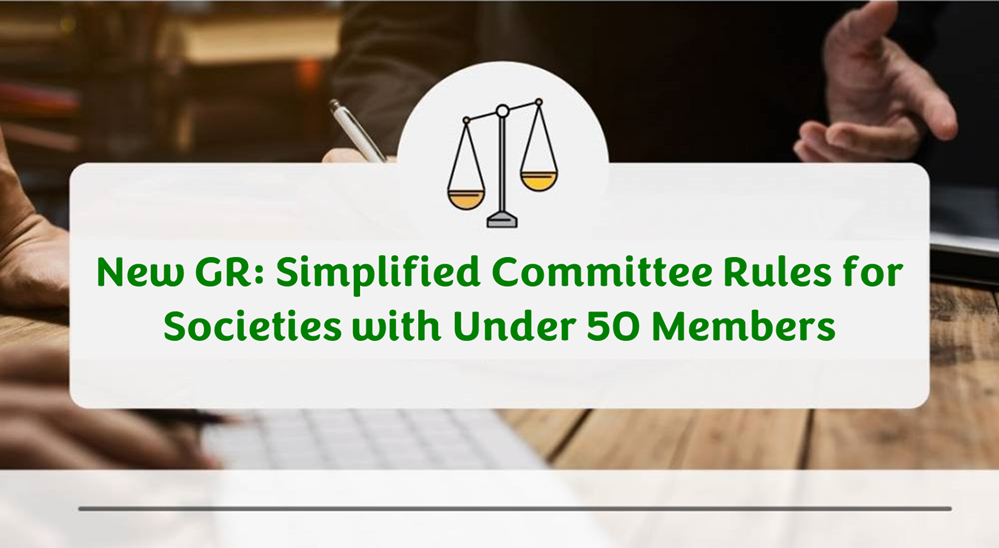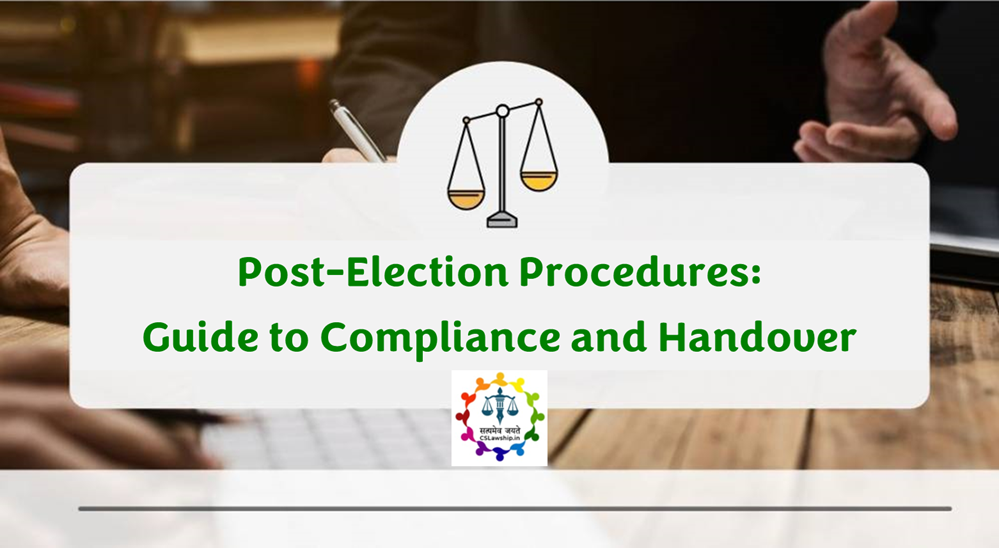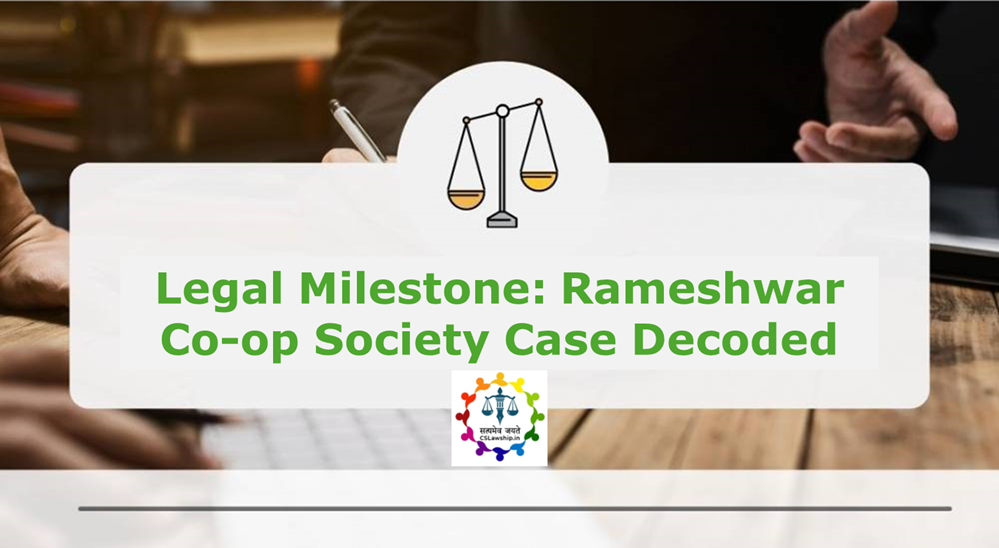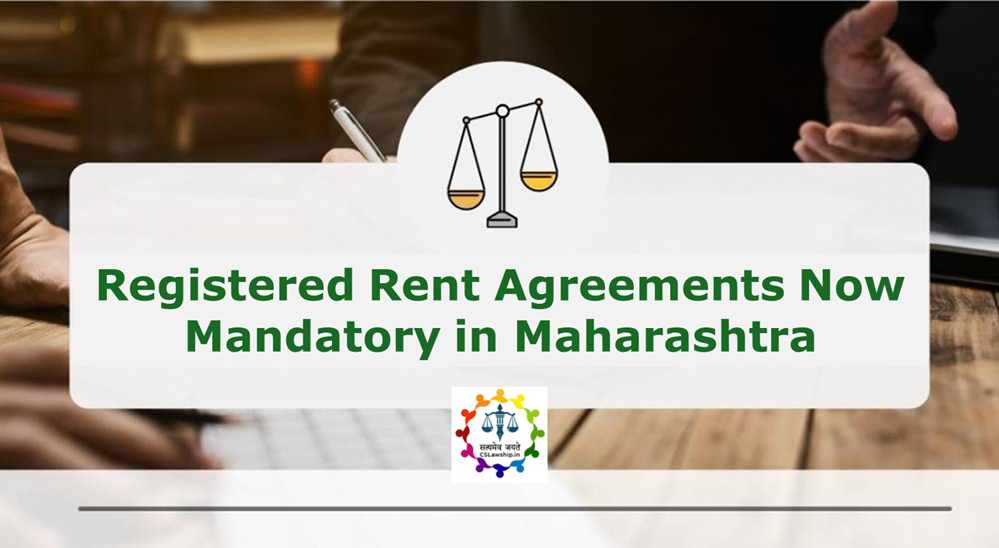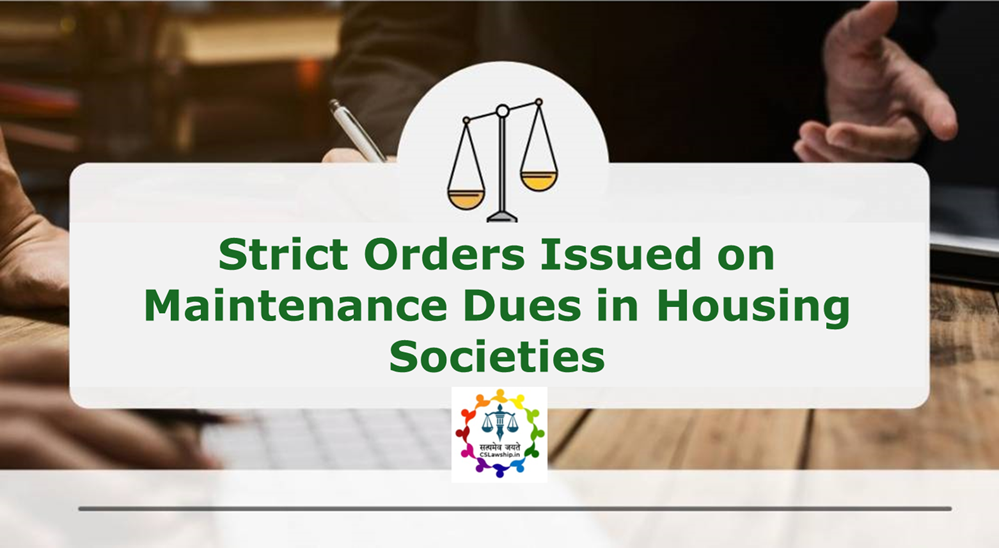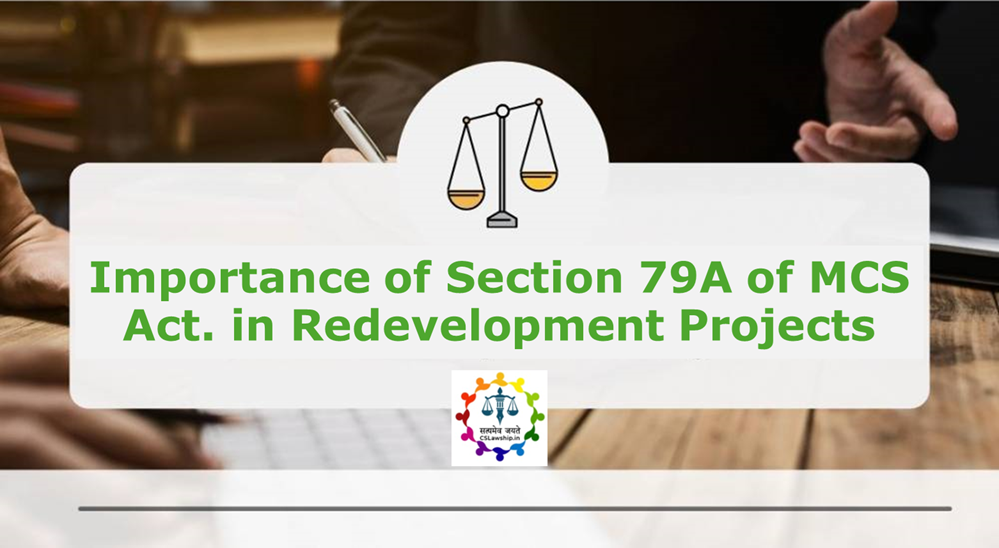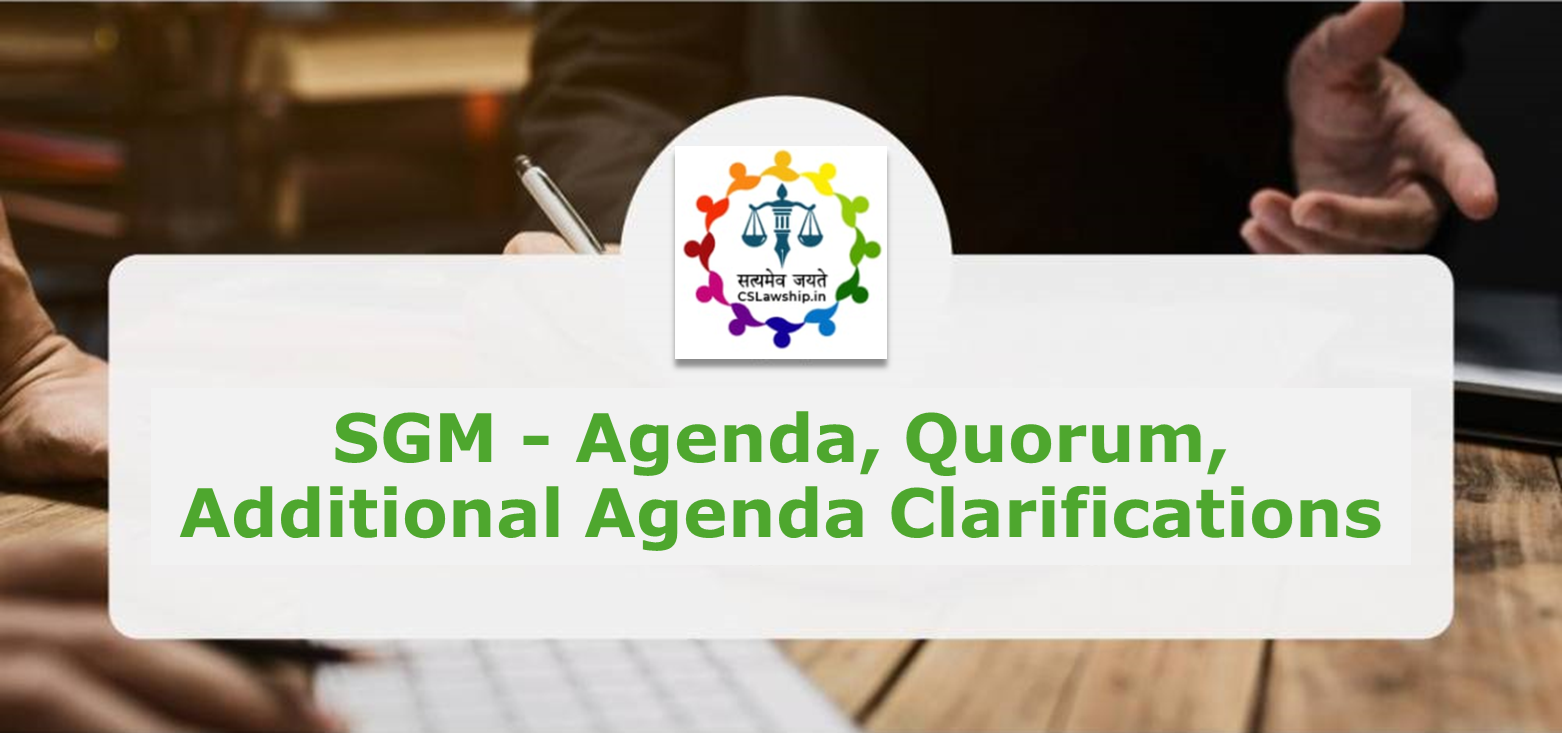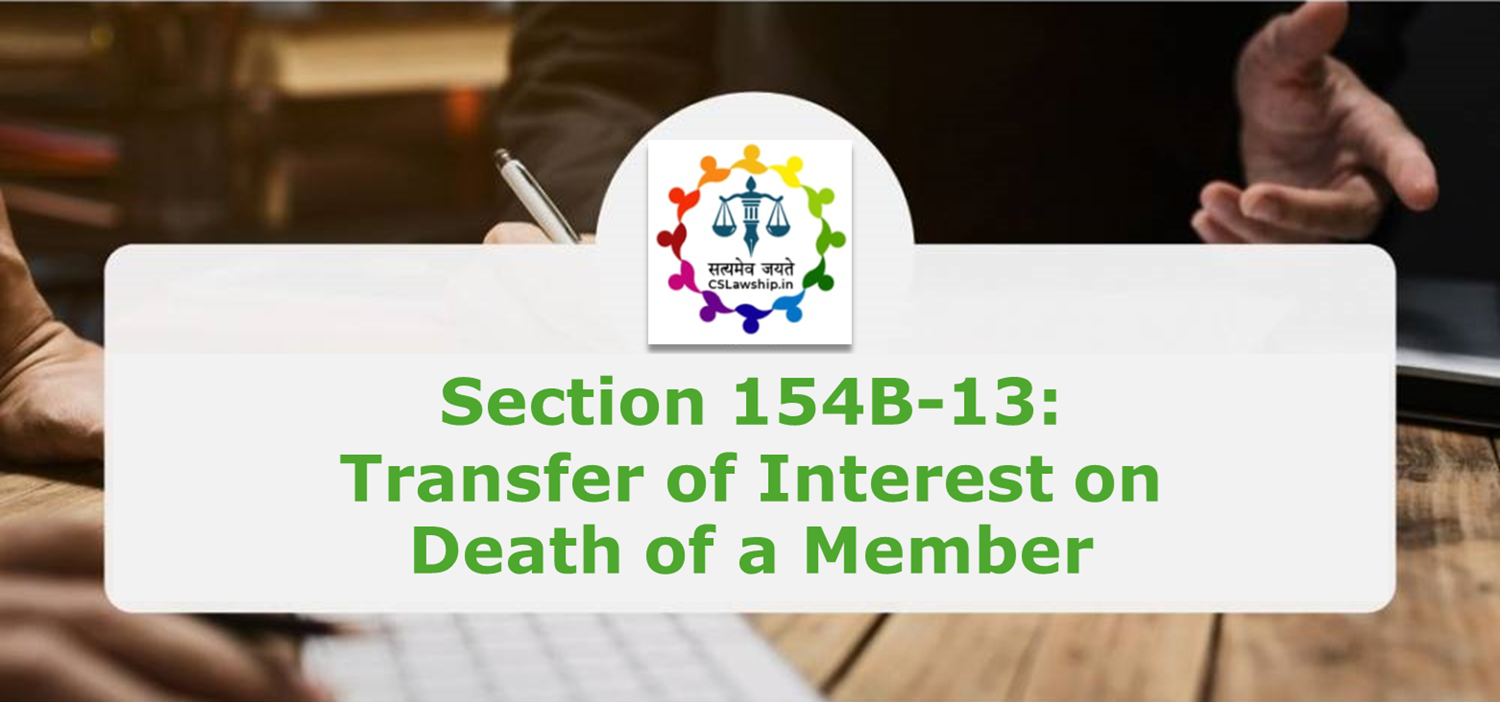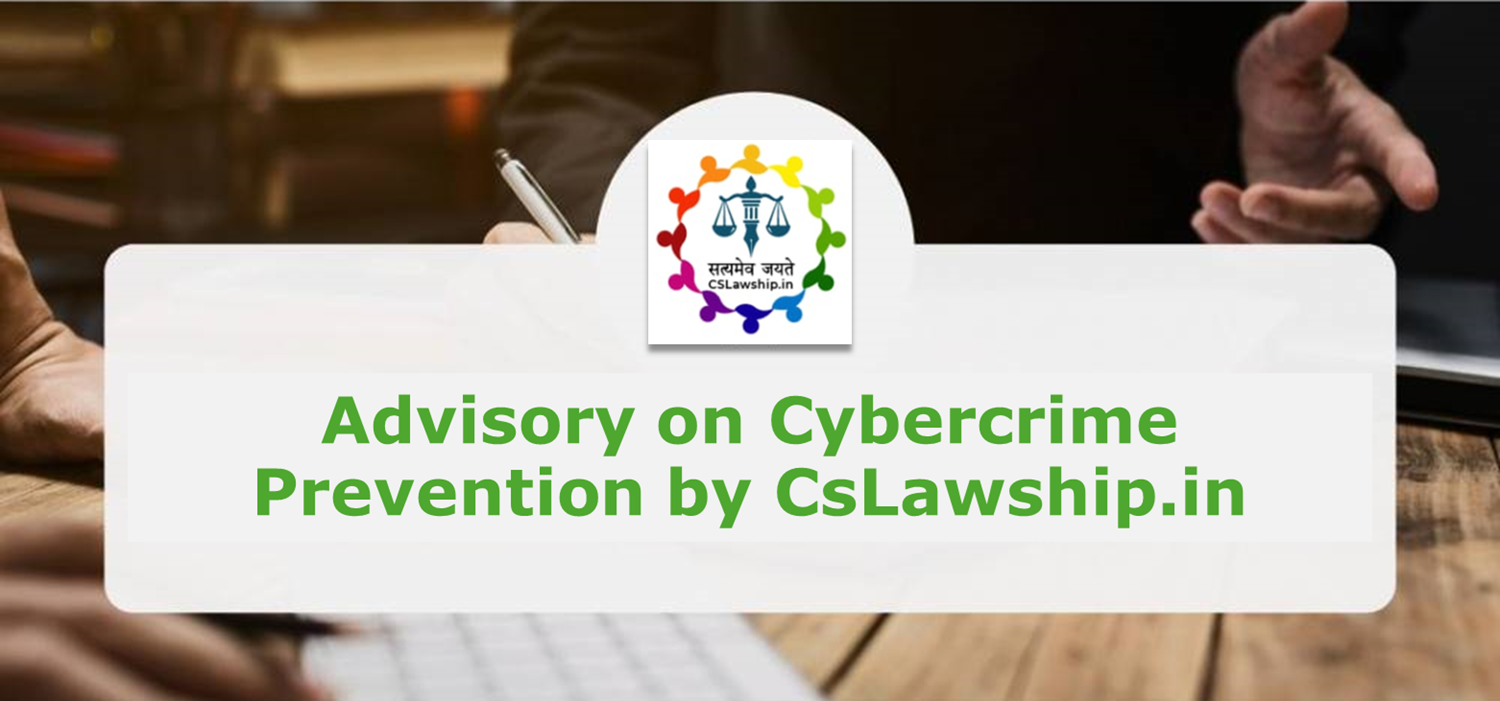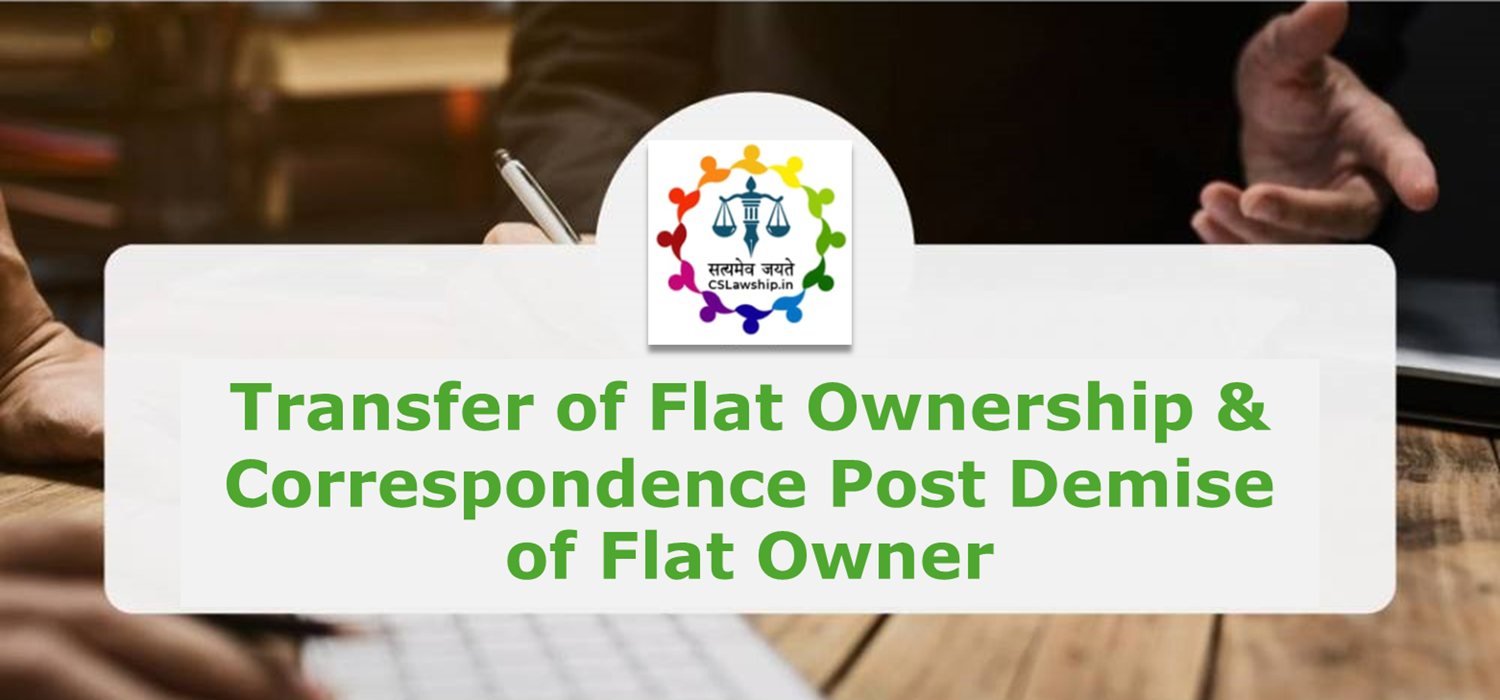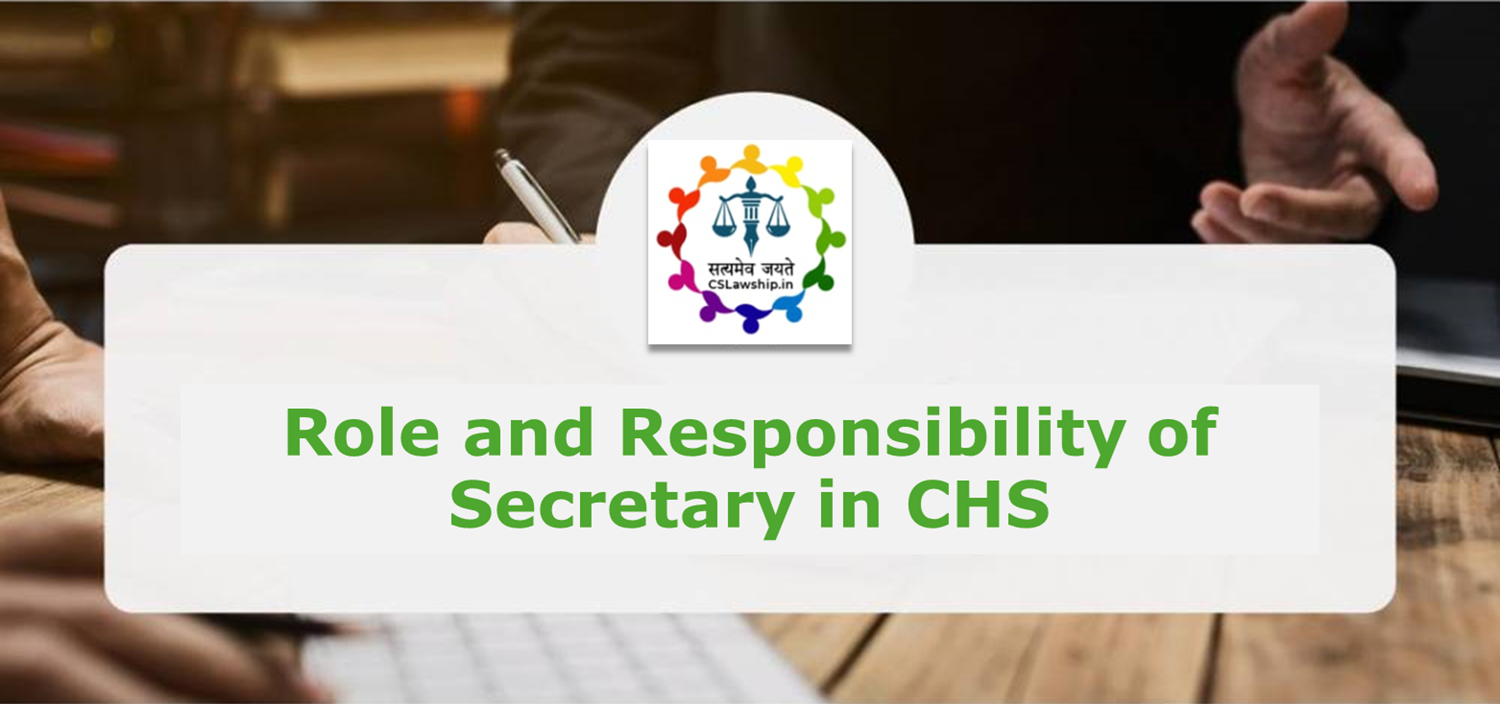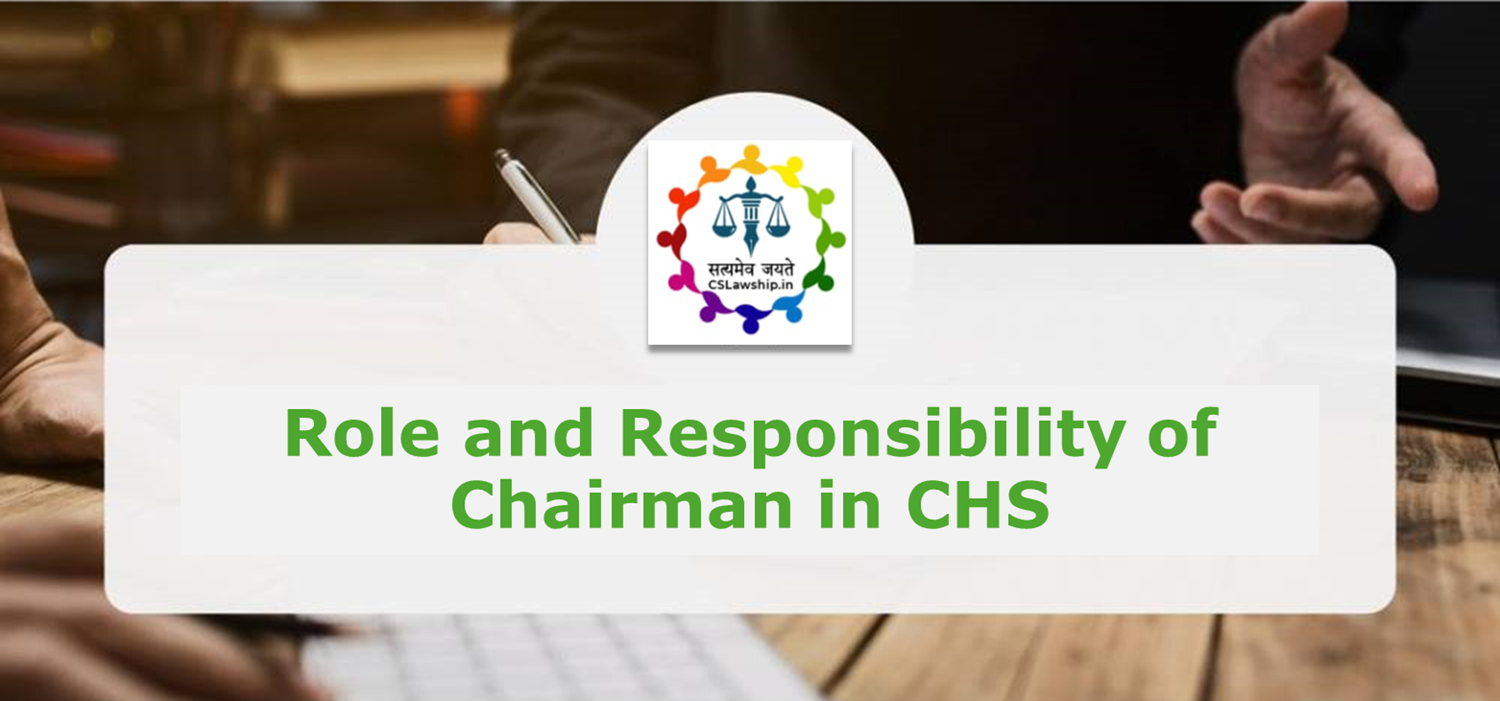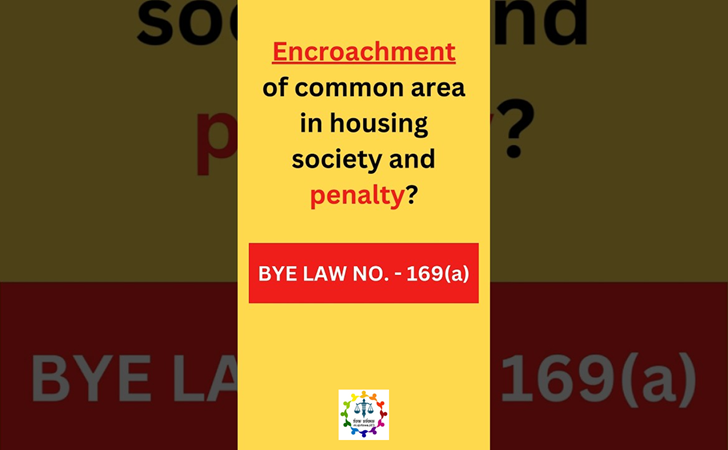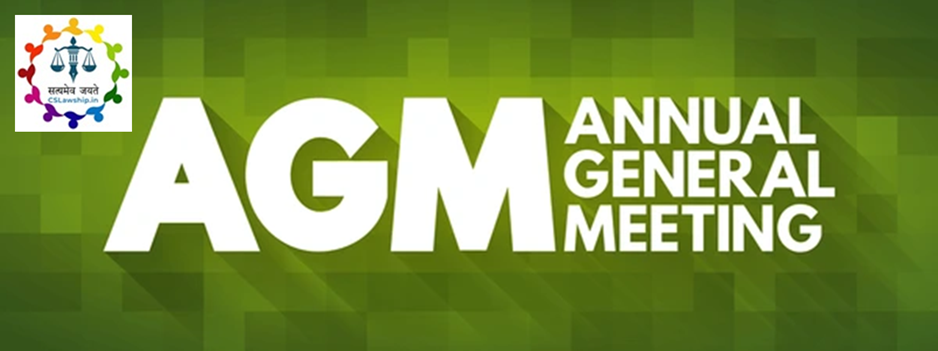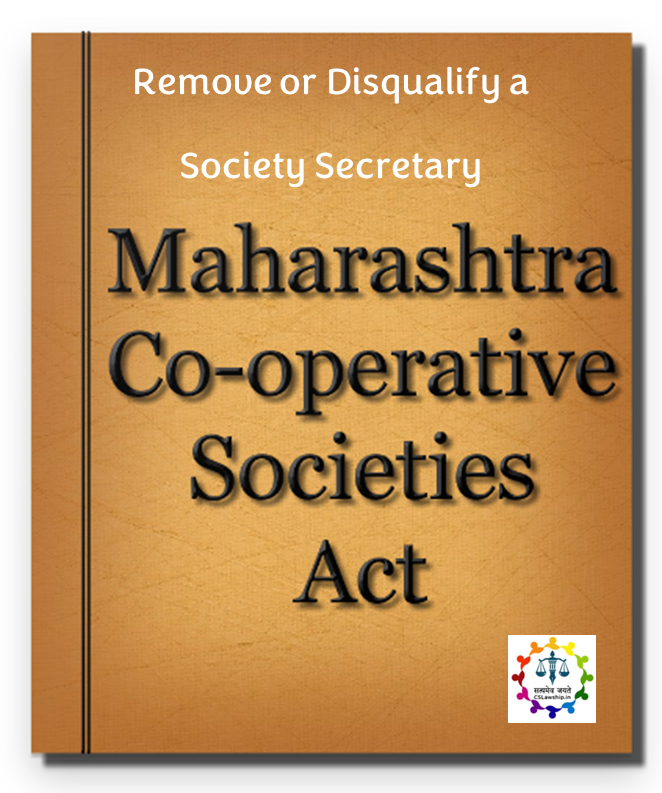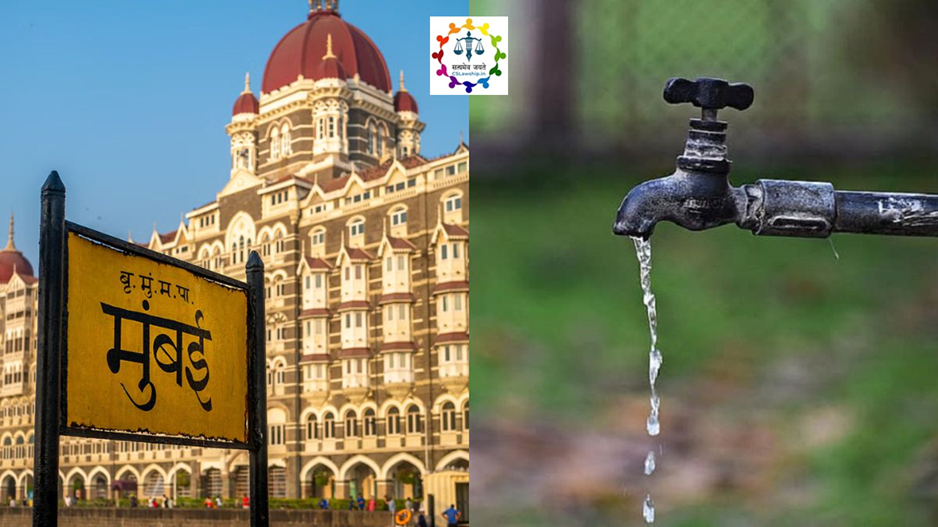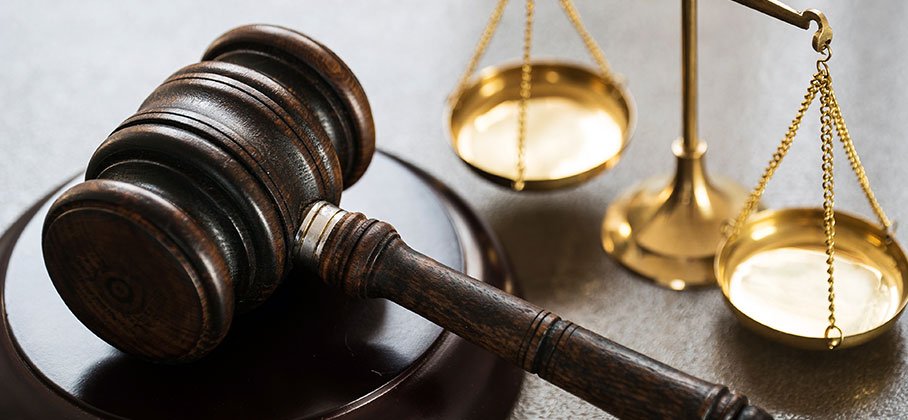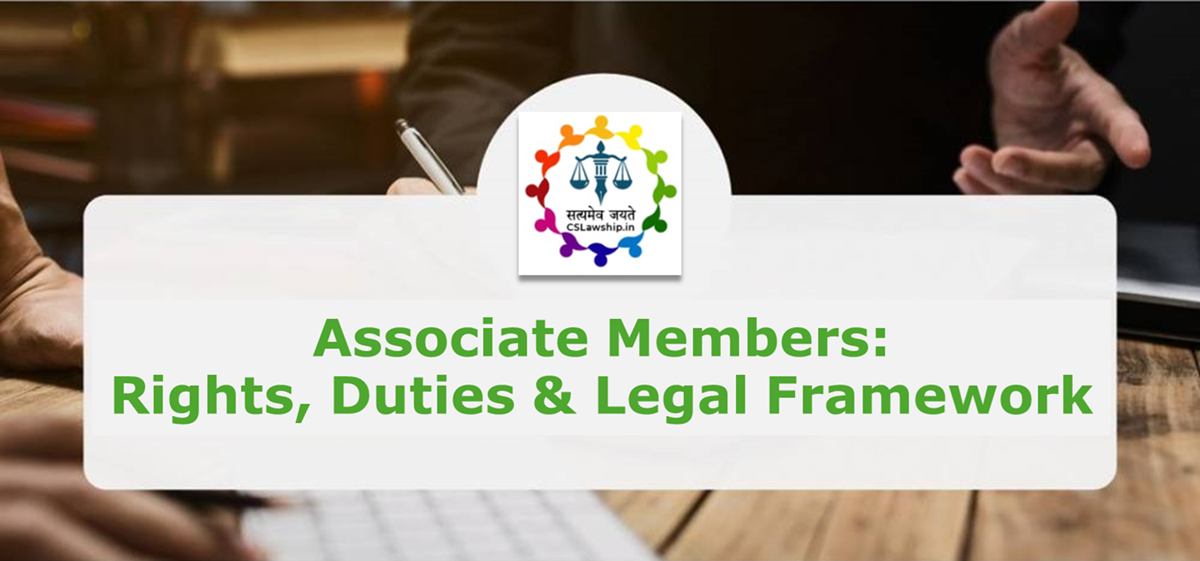Managing Society Maintenance Dues: Balancing Compassion and Compliance
In cooperative housing societies (CHS), it is essential to balance enforcing rules with showing empathy towards members. Here is a framework for handling situations involving unpaid dues:
Handling Willful Defaulters and Financial Hardships
The CHS has the right to stop services for members who are willful defaulters. However, if a member responds to a notice explaining financial difficulties and commits to paying dues as soon as possible, while also making installment payments as a goodwill gesture, the Managing Committee (MC) should be considerate. Allowing such members to pay in installments aligns with the cooperative spirit of the society, which is to support members during tough times.
Dealing with Non-Compliant Members
If a member fails to pay dues with the intent to disrupt harmony or harass the MC, the committee has the legal right to take stricter actions. This includes disconnecting water supply and filing a recovery case. These measures are necessary to ensure compliance and maintain communal harmony.
Systematic Legal Enforcement
To ensure consistent compliance with CHS regulations, the MC should file recovery cases in batches of ten every 60 days. This systematic approach ensures that all outstanding dues are addressed fairly and promptly. Recovery actions should be prioritized from the highest to the lowest outstanding amounts to maintain transparency and fairness. It is illegal for the MC to selectively choose members for recovery based on personal biases.
Legal Precedents and Compliance
The Mumbai High Court and Human Rights Commission have observed that some members may file complaints against the MC to delay paying society maintenance.
In one case, a society in Royal Palms (2017) stopped a member's water supply, requiring them to collect water from a common area. The member complained to the police, Deputy Registrar, and later filed a court case. The court required the member to deposit 50% of the outstanding payment before the case could proceed. Ultimately, the court ruled against the member, who had to pay the remaining dues.
This case underscores the legal support for MC actions when dealing with non-compliant members and highlights the importance of adhering to CHS rules.
Accountability of the Managing Committee
If the MC fails to recover dues, action can be initiated against them by the Deputy Registrar under Section 89A of the Maharashtra Cooperative Societies Act. This provision ensures that the MC is held accountable for enforcing society rules and managing finances effectively.
Managing dues and member obligations in a CHS requires a balanced approach. While it is crucial to support members facing genuine financial difficulties, the society must also ensure compliance and take necessary legal actions against willful defaulters. By following a fair and systematic approach, the Managing Committee can uphold the principles of cooperation and maintain harmony within the society.
Willful defaulters
Share This Blog
Spread the word! Share our blog on your favorite platform or send it to your friends.

